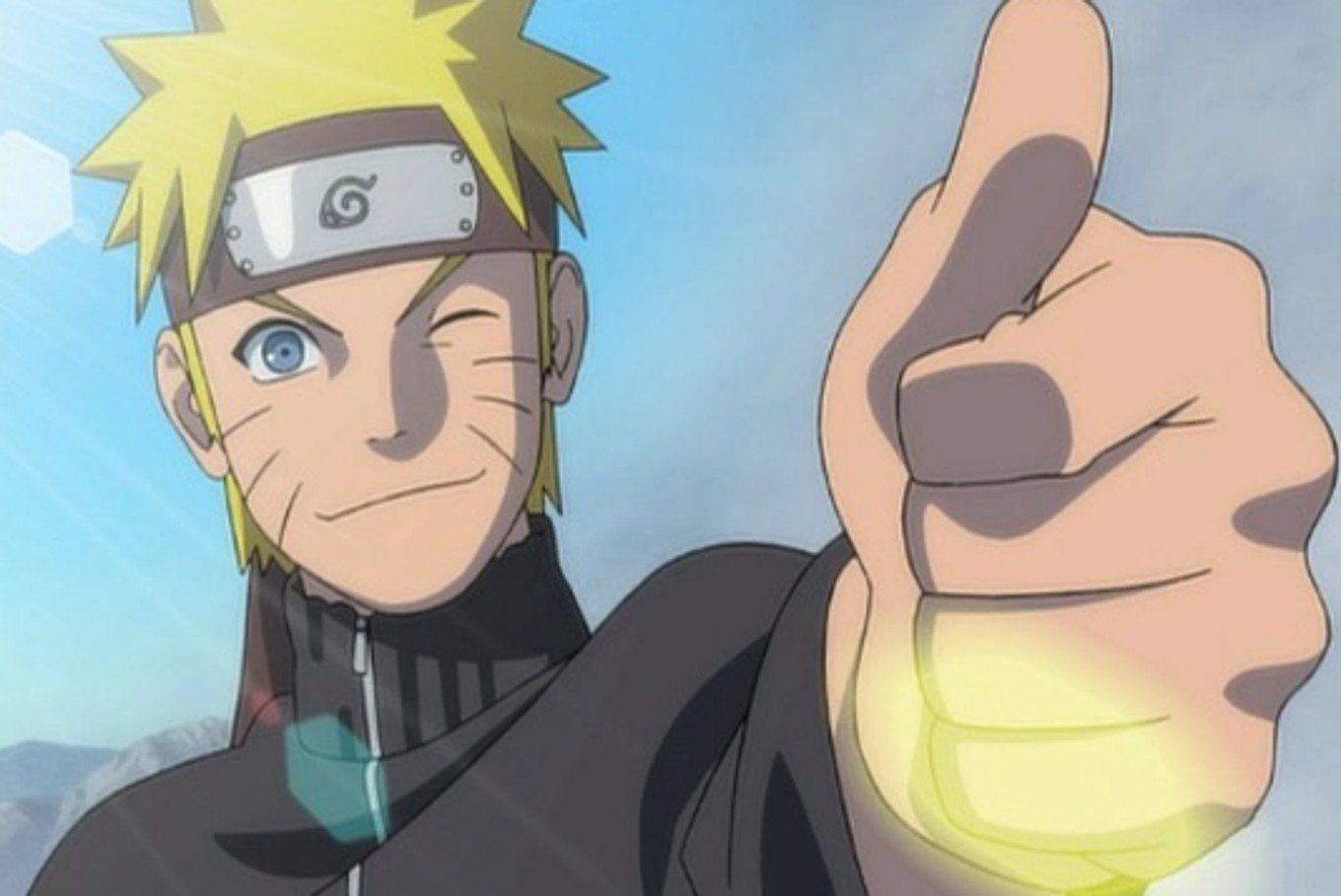Chances are you’ve heard of the anime series Naruto. Not only is it one of the most popular anime shows of all time, it also has a visible presence in the world in ways most anime–and most entertainment–does not.





I never watched Naruto as a kid, but as an adult I was always curious why Naruto inspires such a heightened degree of fandom. Sure, Naruto seems to have an appealing artistic style, setting, and lore, but so do numerous other shows. Additionally, at ~140 hours of content, Naruto represents an enormous time commitment. How could one possibly justify such an investment? Are all these fans suffering from some form of Stockholm Syndrome or sunk cost fallacy? Naruto begged for my attention.
Luckily through a stroke of good fortune I found myself unemployed and with time to spare. Finally, I was able to devote time to watching Naruto and I was blown away with how good the show is. It’s not just the visual style, ninja/magic system, power levels, mysterious villains, and surprising amount of humor, it’s much deeper than that, or better yet, much higher.
Naruto is uplifting, which is the highest compliment one can give. It does not demand that you become a better person, but you cannot help but follow the lead of Naruto Uzumaki. There is so much beauty, warmth, and wisdom in this coming-of-age story that despite being a ‘kid’s show’ I cannot help but place in on a very short list of things I wholeheartedly and earnestly recommend to almost anyone.
Here are a few of my favorite lessons from Naruto. I hope it encourages you to watch and find your Ninja Way:
Interdependence:
One advantage of having so much run-time, is the ability to introduce a wide cast of characters and weave many threads between them. Characters have differing perspectives based on not only who they are as individuals, but also how they fit into the complex web of peers, mentors, clans, and villages.
Of all the social relationships, Naruto is perhaps most interested in the relationship between generations. A major theme is how the world–and even one’s identity–is influenced by the actions of previous generations, particularly regarding cycles of vengeance.
This idea that ‘self’ is subject to change and not solely under one’s control allows for much more complex, realistic characters. Most villains in Naruto are not born evil, but rather become so largely as a response to their environment, usually after suffering some misfortune at the hands of others. And some of the villains are not necessarily ‘bad’; some have noble intent and a different perspective on the proper course of action. This is much more compassionate and more importantly accurate understanding of human nature.
Duty:
What is the right way to act in light of such interdependence? Naruto’s answer is duty. Duty to the well-being of friends, family, mentors, mentees, and most importantly the community. Here duty is not a passive concept, it is a dynamic way of life. A ninja submits himself to intense, incessant training and life-or death missions in order to protect his community. This responsibility is so important that a good ninja is willing to die if necessary.
That said, Naruto does not advocate blind adherence to the status quo. While Naruto stresses the importance of extending one’s circle of compassion to solve conflicts of duty (to self, friends, community, and strangers), Naruto also emboldens individuals to oppose injustice even when this goes against the general will of the majority.
In the ninja world (and our own world), it is often unclear what is right or wrong, just or unjust; yet decisions must be made nonetheless. In addition to trusting oneself, Naruto advocates for formal mentors to help hone our decision-making skills. A mentor can teach what is left out of textbooks and lectures. A mentor can provide personalized attention and instruction. A mentor cannot replace a father (for better or worse), but it can be a refreshingly less complicated relationship.
Both a sense of duty and the tradition of mentorship have been lost in our modern, hyper-individualistic society. We would do we well to reclaim them.
Redemption:
People make mistakes and sometimes those mistakes cause others harm. Naruto shows us that a proper response to a mistake is to extend grace and allow for atonement, even when we are personally harmed and it pains us to do so.
Grace because not only is it human nature to make mistakes, but also because some of our mistakes stem from the mistakes of others. While this causality does not absolve us of responsibility, it does open the door to understanding.
Atonement because it is never too late to do the right thing. No good comes from denying good, even if it comes from someone ‘bad’. Indeed, those who have learned from their mistakes, offer an invaluable perspective others cannot. Redemption benefits the perpetrator, the victim, and the community.
So we must stand by loved ones during times of hardship, even if the hardship is of their own doing. Often, we are the only bridge back to the land of light and redemption. To sever that connection and condemn someone to shadowlands is a fate more certain and perhaps crueler than any punishment in the afterlife. To maintain our precious connections to each other—the source of much wisdom, joy, and goodness–we must be prepared to bear the pain of betrayal, exile, and reunification.
Yet Naruto is not so naïve to ask us to bear all pain. There are times, when either the risk of harm is too great and/or the likelihood of change too small, that we must act decisively. Tolerance is a virtue only so far as it does not lead to even greater harm (paradox of tolerance). The sword of judgement cuts both ways, but sometimes it must be swung.
Conclusion
There are many more lessons in Naruto, but these lessons are particularly rare (and thus valuable) in the modern western world where one’s only duty is to a false self and people are indefinitely cancelled for any mistake.
While one can find these lessons elsewhere, Naruto subtly and skillfully packages this wisdom in a way that is appealing to children and young adults.
That’s why if my children watch anything, they will watch Naruto.

